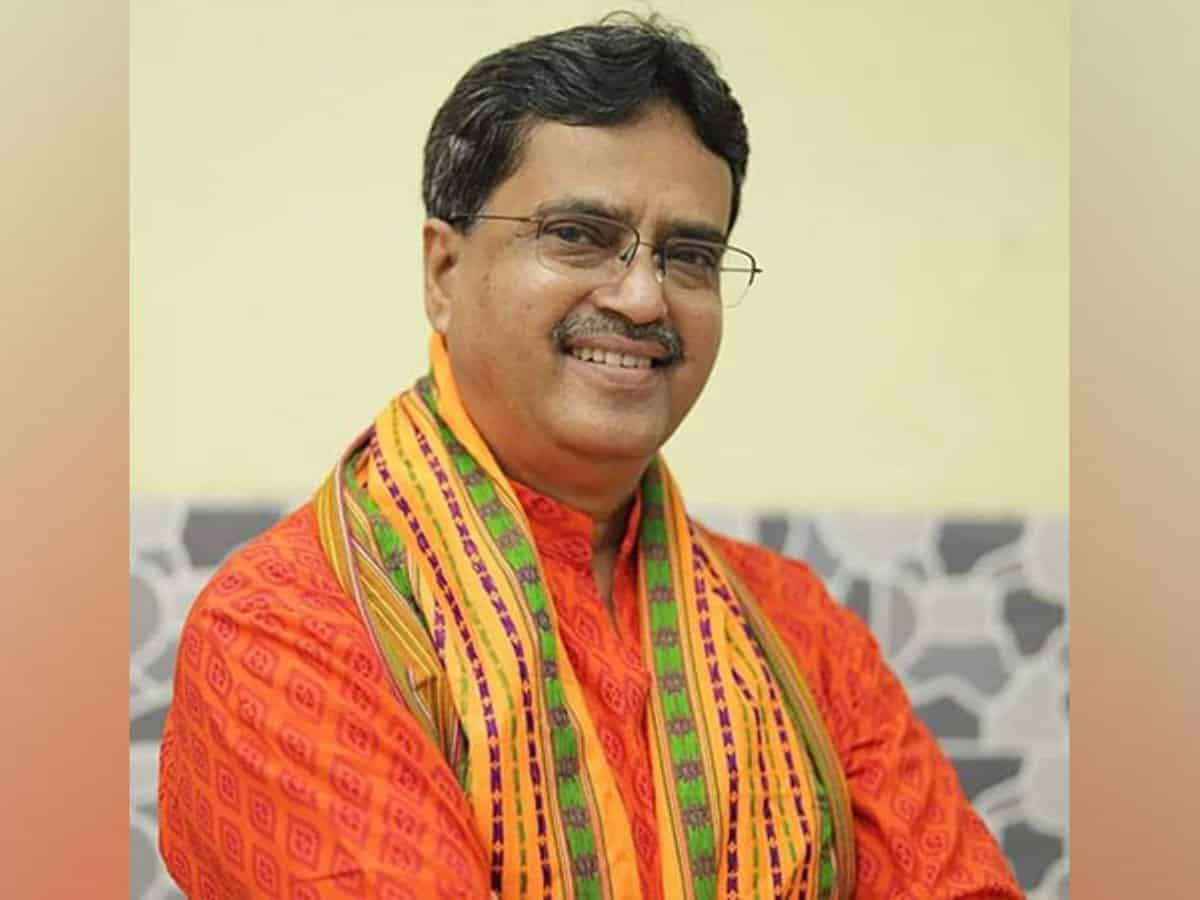
Agartala: Though the CPI(M) has been out of power in Tripura for six years, the Left party is still a major political force in the state and cannot be ignored by the ruling BJP, Chief Minister Manik Saha said.
The CPI(M) has supporters and well-wishers since it ruled the state first for a decade from 1978 to 1988, and then for 25 years – between 1993 and 2018, he told PTI in an interview.
Stating that winning an election – be it Lok Sabha or civic bodies – is not always as easy as it may appear, Saha said the party has lost two major constituencies in last year’s Assembly elections.
He was referring to Agartala and Banamalipur constituencies, in both of which the saffron party lost to the Congress.
Saha, however, expressed confidence that the BJP candidates in the state’s two Lok Sabha seats – former chief minister Biplab Kumar Deb (Tripura West) and Kriti Singh Debbarma (Tripura East) – will emerge victorious.
“Prime Minister Narendra Modi-ji has set a target of 370 for the party and 400 for the NDA. We are working hard to achieve the milestone and believe we will cross the target,” the chief minister said.
“The BJP doesn’t take its opponents lightly in any elections. Therefore, we are not complacent. We are aware of potential challengers and going all out to win the elections,” he said, referring to the CPI(M).
The Left party secured 17.5 per cent of the votes polled in the 2019 Lok Sabha elections. During the assembly polls four years later, its vote share was 24.62 per cent. The party in a tie-up with the Congress contested in 43 seats and won 11, five less than its 2018 tally.
Saha criticised the opposition INDIA bloc’s allegation that the country’s democracy came under attack under Modi.
“The communists in Tripura have a history of bloodshed as hundreds of killings took place during its regime. South Tripura district alone witnessed 69 murders of opposition party leaders and workers. Even a sitting minister and few MLAs were murdered during the Left’s regime,” he said.
The then health minister Bimal Sinha, along with his brother, was gunned down by National Liberation Front of Tripura (NLFT) insurgents on March 31, 1998. At that time, the Congress was the main opposition in the state.
“The northeast’s history of bloodshed has been literally erased by PM Modi and Union Home Minister Amit Shah,” he said.
The chief minister wondered how the Congress formed an alliance with the Left party in the assembly election last year.
Saha said that Tipra Motha joining the BJP-led government just ahead of the Lok Sabha elections has increased the strength of the saffron party, especially in the tribal belt.
The Tipra Motha, which was the main opposition party in Tripura with 13 MLAs in the 60-member assembly, joined the government on March 7. Five days before that, the party signed a tripartite agreement with the Centre and the Tripura government to resolve all issues of the indigenous people of the state.
“But it doesn’t mean the BJP will undermine the growth of Janajati Morcha, our tribal wing in the state. We have as many as seven frontal organizations and Janajati Morcha is one of them,” he said adding that the party has become strong because of the good work of all its frontal wings.
The BJP nominated Kriti Singh Debbarma from the East Tripura (ST) constituency. She is also the sister of Pradyot Debbarma, the Tipra Motha founder and a scion of the erstwhile royal family of the northeastern state.
Saha claimed that the BJP and its allies are getting good responses from people during campaigns.
“Wherever the party leaders visit, they find smiles on the faces of people. It shows that the people are happy with the BJP rule in the state. This is because of Prime Minister Narendra Modi’s relentless work for the people of all sections of the society,” he said.
Saha said Modi had facilitated as many as 12 accords with various insurgent organizations and states in the northeastern region to restore peace and bring development.
